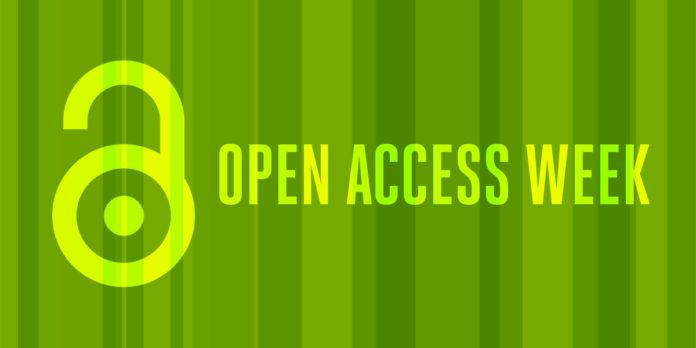The creation and exchange of knowledge are fundamental to the progress of society. However, copyright laws have become so restrictive that they have become an obstacle to students' and academics' access to essential resources. This situation has given rise to acts of civil disobedience as a means to ensure the preservation of culture and scientific progress.
The research process follows a well-defined cycle, in which academics draft articles based on funded studies, often with public funding. After being peer-reviewed, these articles are published by large publishers who, in exchange for dissemination, require the assignment of copyright. This model creates a monopoly that allows publishers to impose high tariffs, inaccessible even to the wealthiest universities, and especially restrictive for institutions in the Global South. This issue is so serious that it is considered a human rights violation.
The progress of science has found in civil disobedience a way to bypass these barriers. Many academics turn to social media to request the necessary articles from colleagues who have access, even at the risk of facing legal consequences. Although in some cases fair use is argued, academics should not face threats for sharing the collective knowledge they generate.
Alternatives such as SciHub, Library Genesis and Z-Library have emerged in this context. These "shadow archives" provide access to millions of scientific articles through volunteer efforts. Despite adverse court rulings, SciHub continues to operate thanks to its headquarters in Russia and the support of the international academic community, becoming a symbol of ethical resistance against editorial restrictions.
If publishers do not adopt fairer and more collaborative practices, they could lose relevance in the face of open-access alternatives, legal or not. The scientific community continues to challenge the limitations imposed in its pursuit of democratizing access to knowledge.



